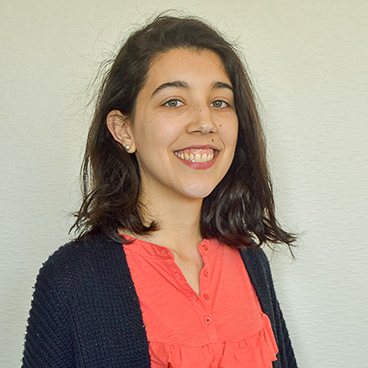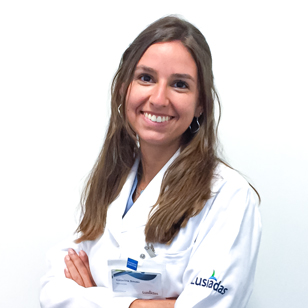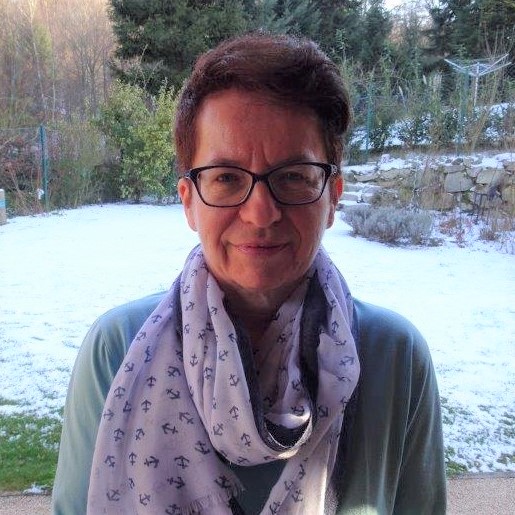Webinar recording | Strategies to unlock the power of food in healthcare

A recording of the session and featured presentations are available below
A sustainable food strategy can help achieve sustainability and health goals, and can also contribute to strengthening local communities and economies. To be effective, these strategies need to encompass all aspects of food delivery, including purchasing decisions, menu creation, food delivery, and waste disposal.
On 18 March 2021, HCWH Europe hosted a webinar to discuss the important components of a successful sustainable food strategy in healthcare. In the webinar (available below), we explored new approaches and forms of collaboration to accelerate the development of scalable solutions. With first-hand experience from speakers working in healthcare in Europe, participants learned how to unlock the potential far-reaching benefits of sustainable food in healthcare.
In this webinar we:
- Presented experiences from Austria, Germany, and Portugal in creating and implementing sustainable food strategies within healthcare that promote health and environmental sustainability.
- Aimed to inspire other hospitals and health centres to implement a sustainable food strategy that combines action on health and sustainability.
- Held a constructive debate around the benefits, opportunities, and challenges of adopting a healthy and sustainable approach to food provision in healthcare.
Speakers & presentations
[Moderator] Paola HERNANDEZ OLIVAN, Food Policy and Projects Officer - Health Care Without Harm Europe
![]() Strategies to unlock the power of food in healthcare
Strategies to unlock the power of food in healthcare
 Paola oversees HCWH Europe’s Sustainable Food programme, advocating for food systems within healthcare that conserve and renew natural resources, advance social justice and animal welfare, build community wealth, and fulfil all of our nutritional needs both now and in the future.
Paola oversees HCWH Europe’s Sustainable Food programme, advocating for food systems within healthcare that conserve and renew natural resources, advance social justice and animal welfare, build community wealth, and fulfil all of our nutritional needs both now and in the future.
Prof. Dr. Edda WEIMANN, Medical Director - Fachklinik Gaissach (Hospital for Chronic Diseases), Germany
A paediatrician, endocrinologist, and public health specialist, Edda has international experience, obtaining her Medical Degree at the Ludwig Maximilian University in Munich, as well as her Habilitation in Paediatrics and her Master’s degree in Public Health (Health Systems) at the University of Cape Town. She carried out her postgraduate research at a national research institute in France (INSERM) and has received national research grants for her work. She has served as a Head of Department and Hospitals of tertiary care facilities and is a faculty member of universities in Germany, Switzerland, and South Africa. In addition to her current role as Medical Director, she is a Professor of Child Health at the Technical University of Munich and Honorary Associate Professor of Health Information Systems at the University in Cape Town. She has broad teaching and research experience at different universities and faculties, and she has earned research and innovation awards for her work. She has transformed two hospitals towards sustainable management that also included a shift to a meat-free day per week.
Catarina SOUSA, Nutritionist - Hospital Lusíadas, Portugal
![]() Food Sustainability in Hospital Lusíadas Lisboa
Food Sustainability in Hospital Lusíadas Lisboa
 Catarina graduated in 2017 as a Dietitian and since 2020 has been working as a clinical Dietitian at the Hospital Lusíadas, a private hospital in Lisbon. She is part of the Dietetics and Nutrition Team comprising four dietitians whose responsibilities include nutritional screening and evaluation of hospitalised patients, as well as control and supervision of food safety.
Catarina graduated in 2017 as a Dietitian and since 2020 has been working as a clinical Dietitian at the Hospital Lusíadas, a private hospital in Lisbon. She is part of the Dietetics and Nutrition Team comprising four dietitians whose responsibilities include nutritional screening and evaluation of hospitalised patients, as well as control and supervision of food safety.
Christina SCHMIDT, Director of Kitchen Management - Hospital Hietzing, Neurological Center Rosenhügel, Austria
![]() Sustainable food management at the Vienna Health Association
Sustainable food management at the Vienna Health Association
 For over 29 years, Christina has been responsible for the economic and logistical management of Hospital Hietzing’s food supply. Located in Vienna, the hospital serves approximately 2,600 meals a day. Christina has been involved in several projects, such as UMBESA and Natürlich Gut Teller. Christina aims to strengthen sustainable nutrition for the entire Vienna Hospital Association.
For over 29 years, Christina has been responsible for the economic and logistical management of Hospital Hietzing’s food supply. Located in Vienna, the hospital serves approximately 2,600 meals a day. Christina has been involved in several projects, such as UMBESA and Natürlich Gut Teller. Christina aims to strengthen sustainable nutrition for the entire Vienna Hospital Association.
